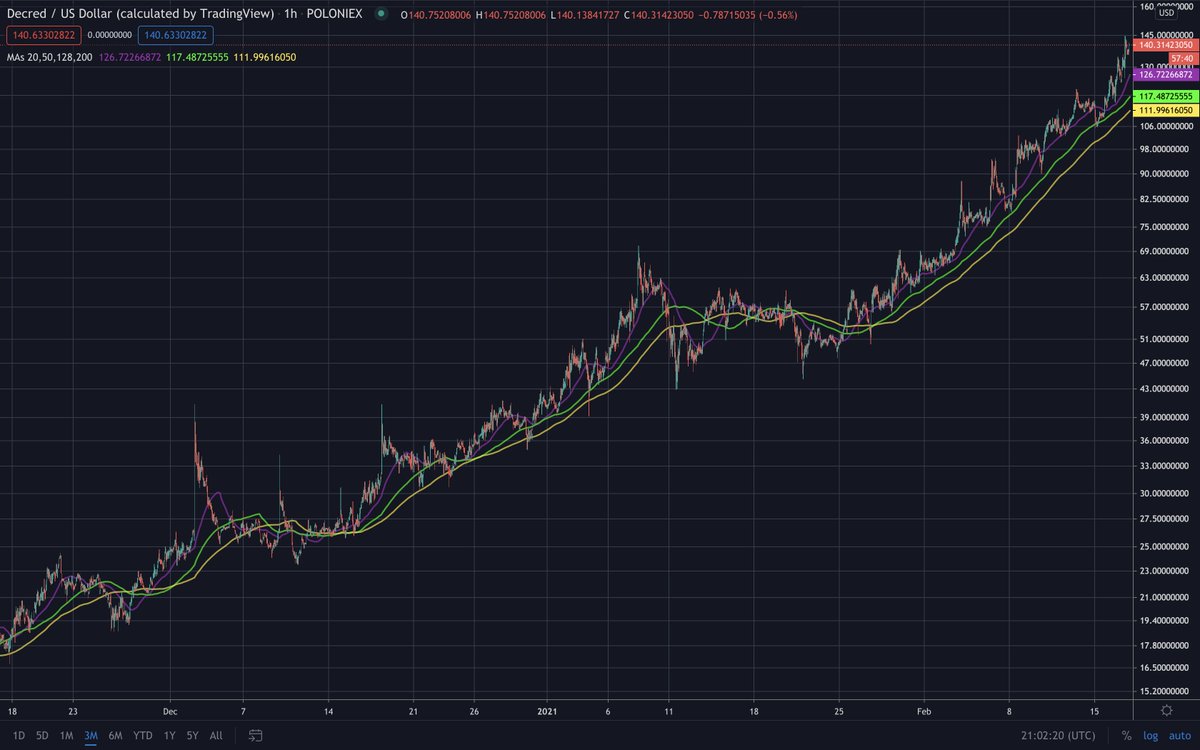
For those worried I don’t like $BTC:
https://twitter.com/cburniske/status/1385383337917812738
My earliest work in crypto was all around $BTC at @ARKInvest, and while I focus on a number of networks these days, I’m still fascinated by #Bitcoin.
I’m confident $BTC pulls through here and on a 5-10 year time frame keep my eyes on gold parity: $10T+ network value, ~$500K per coin.
This is not new thinking. At @ARKInvest we dimensioned these scenarios back in 2015, and while parameters change, the core conviction in $BTC hasn’t changed: research.ark-invest.com/hubfs/2_Downlo… 

• • •
Missing some Tweet in this thread? You can try to
force a refresh



